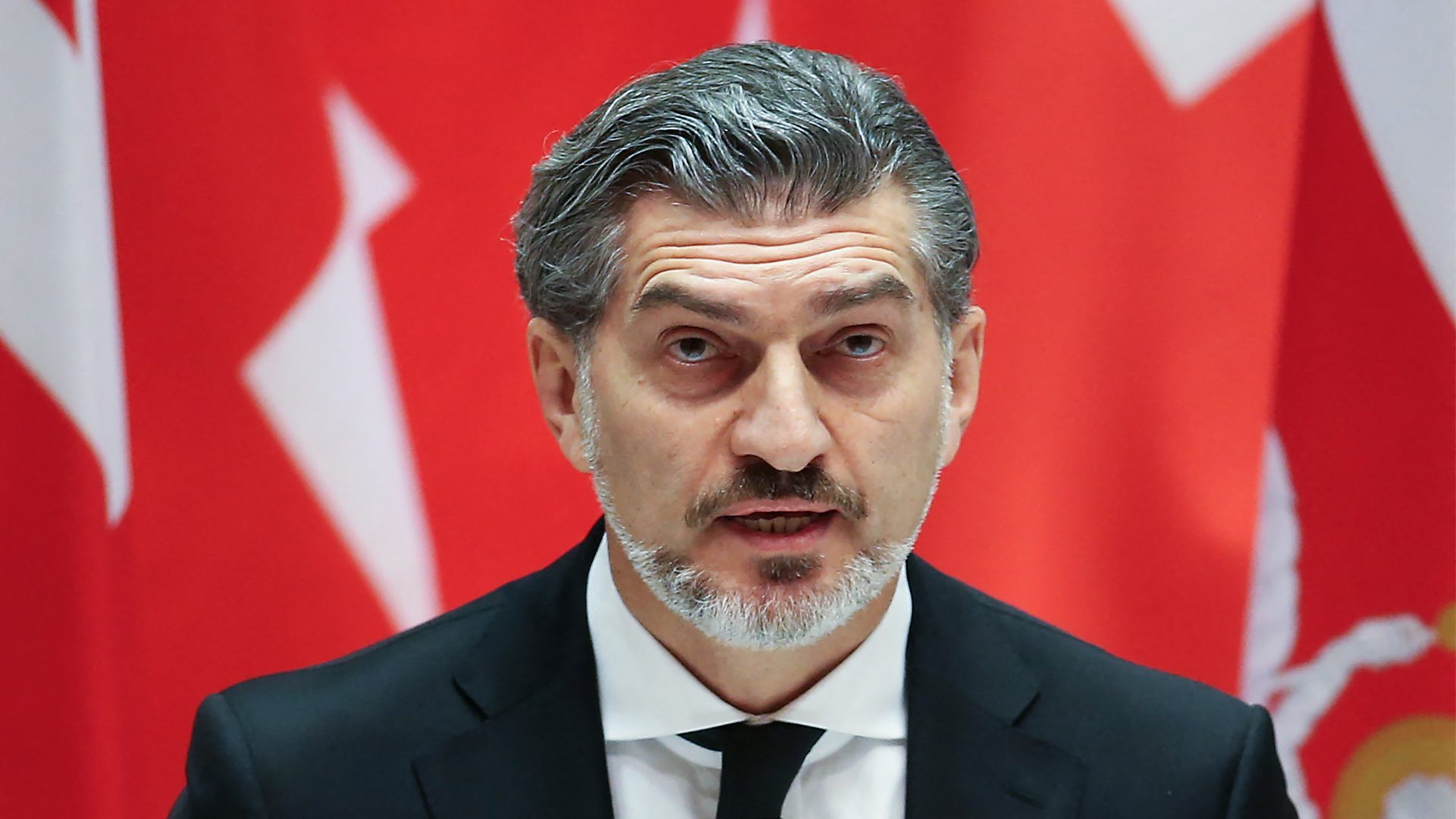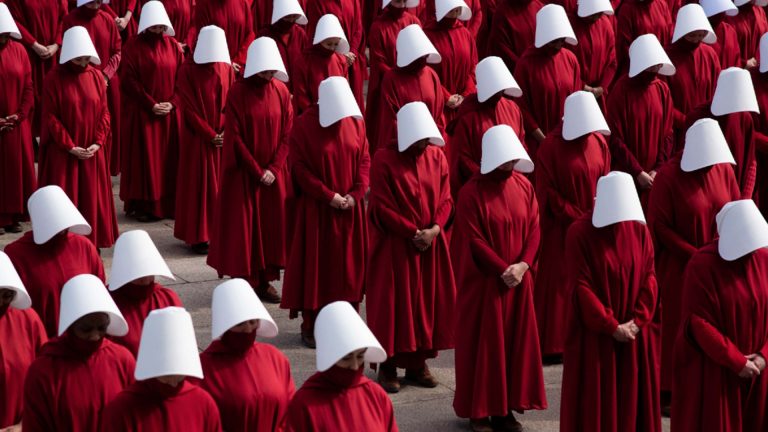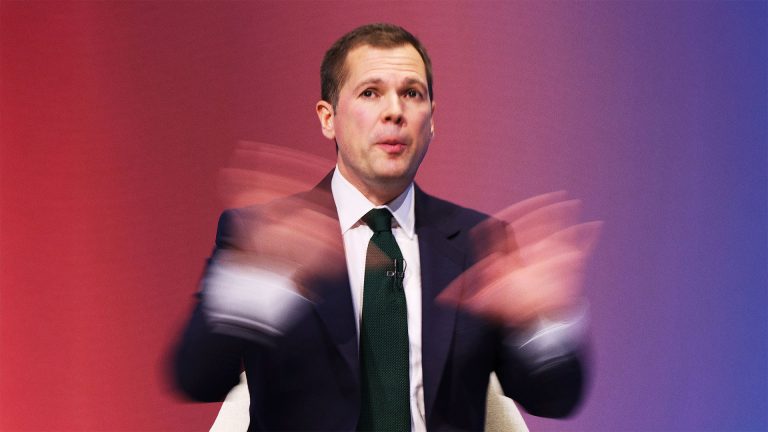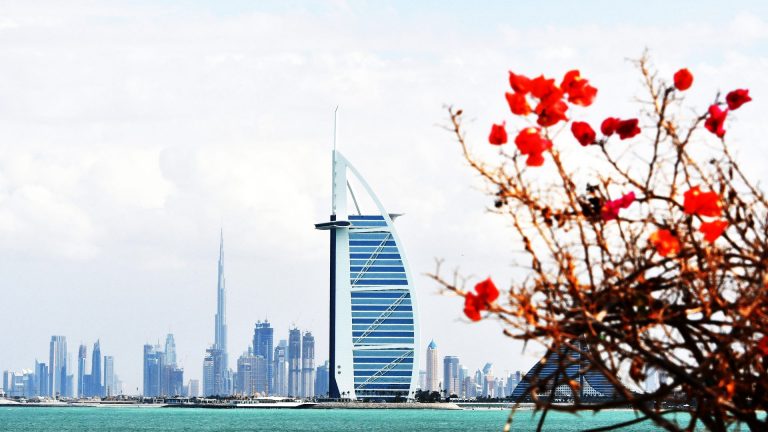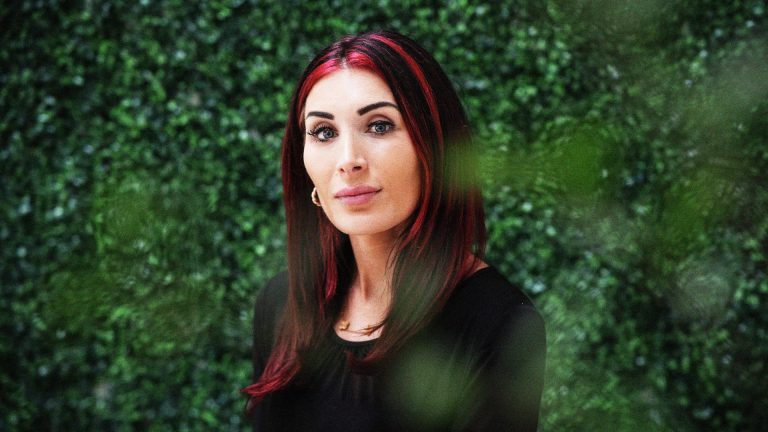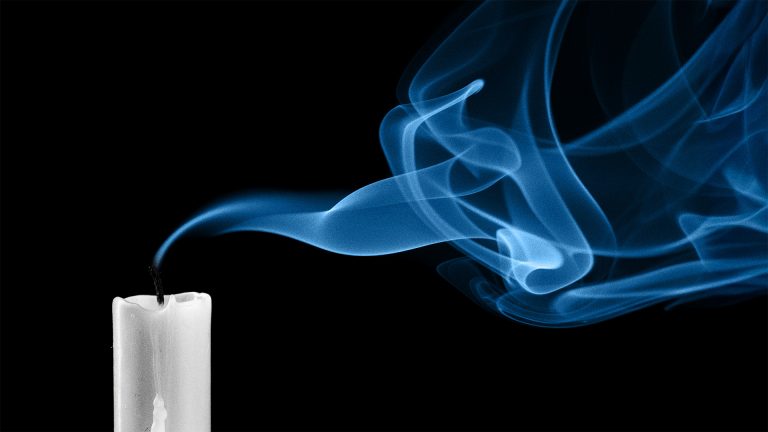This ceremony is more like a funeral. A tableau of unsmiling, black-clad officials sit in careful formation around Parliament’s drab, half-empty plenary chamber. There are no foreign diplomats, opposition politicians, or even citizens in attendance. It is the first closed-door inauguration in Georgian history. There is little more than strained silence as Mikheil Kavelashvili steps forward to be sworn in as president.
It feels like a symbolic moment. An isolationist administration which has failed to obtain even the veneer of international legitimacy, seeks to remain inscrutable to its own people, and operates behind closed doors. Kavelashvili, who many view as a puppet of Georgia’s “shadow ruler” Bidzina Ivanishvili, was selected by a vote in which he was the only candidate on the ballot. As he put his hand on the Bible, the ruling Georgian Dream party tightened the noose on Georgian democracy.
Walk a mere few minutes to Tbilisi’s Orbeliani Palace, however, and you will be greeted by a very different scene. The streets outside the presidential residence are lined with people and rich in colour and sound. The crowd, draped in a now-familiar vision of red and white and gold-starred blue, awaits the arrival of Salome Zourabichvili, who was elected president by the popular vote in 2018 and has served ever since then. She will make a speech in parallel to Kavelashvili’s inauguration, which she has declared to be illegitimate.
Zourabichvili has been demanding a rerun of October’s disputed election, which many believe was rigged in the interests of Moscow. She believes she occupies the only remaining legitimately elected seat of power, and has warned that she has no intention of surrendering the presidency.
Some wondered if she would continue to occupy the palace, defying threats from Georgia’s prime minister Irakli Kobakhidze that he would put her behind bars. But emerging on Sunday in identical garb to her inauguration six years ago, she told supporters that she would continue her work from elsewhere. “This building was a symbol only for as long as a legitimate president was sitting here,” she contended gravely.
These are the two faces of Georgia’s presidency. Kavelashvili is an anti-Western firebrand, a populist, and former footballer. He was the candidate of sanctioned billionaire oligarch Ivanishvili, the honorary chairman of the Georgian Dream party who many feel is responsible for the country’s rapprochement with Russia. Many people now see Kavelashvili as an instrument for cementing the party’s power.
Kavelashvili was once rejected for the role of president of the Georgian Football Federation due to a lack of formal education. He has been an MP for the ruling party since 2016 and has represented its most far-right faction. Protesters have mocked him by brandishing football red cards and university diplomas outside parliament, saying that his nomination demonstrates contempt towards the presidency and a desire to undermine Georgia’s institutions.
There could be no greater contrast than Zourabichvili. The country’s first female president, she was born in 1952 into a family of Georgian emigrés in Paris. Her grandfather had served as a minister during Georgia’s brief period of independence but was forced to flee after the Soviet invasion in 1921. Zourabichvili served as a French diplomat for almost three decades before moving into politics in Georgia and has pledged to wrest her country from the sphere of Russian influence.
Zourabichvili’s popularity has waxed and waned since the start of her political career in 2004. But in the twilight of her presidency, she has emerged as an indomitable pro-European and pro-democratic counterpoint to the Georgian Dream’s relentless authoritarian and pro-Russian stance. She inspires Gen-Z TikTok edits, captioned #Slayome. She has taken to the streets with protesters, and videos of her tenacious one-woman confrontation with a phalanx of riot police have gone viral. “Are you serving Russia, or Georgia?” she demanded, placing her palms on their riot shields. Many call her the people’s president.
To some, Zourabichvili’s abandonment of the presidential palace seemed like capitulation at a crucial moment. The weekend inauguration was the latest in a long series of foreseeable flashpoints, from clashes in 2023 and 2024 against a Kremlin-aligned law designed to muzzle government critics, to the autumn election in which the ruling Georgian Dream party claimed a resounding victory despite widespread evidence of manipulation of the electoral process. At the end of November, when Kobakhidze announced plans to shelve EU accession until 2028, protesters marched in droves.
But clearly, Zourabichvili feels that this battle is not to be won in the echoing halls of Parliament or the pristine white walls of Orbeliani Palace. It is to be won on the streets, where protests go on, despite the freezing temperatures and a harsh government crackdown. Hundreds of civilians have been beaten and tortured by Georgian police, security forces and masked pro-regime thugs, while others were hit by tear gas and water cannons, but they show no signs of letting up.
Protesters have brought each other hot soup each night, performed the traditional Khorumi war dance together in the streets, and tended to each other’s wounds. On Saturday, they formed the longest human chain in Georgia since the protests against the Russian military occupation in 2008, spanning Tbilisi, Batumi, Kutaisi, Zugdidi, Poti, Rustavi, Gori, Khashuri and more. They will even mark the new year at protests on Rustaveli Avenue. Zourabichvili will be there.
On Friday, the US imposed long-awaited sanctions on Ivanishvili, accusing him of “undermining the democratic and Euro-Atlantic future of Georgia for the benefit of the Russian Federation”. But the EU has failed to act, its attempt to introduce sanctions blocked by pro-Russian Hungary and Slovakia.
Kavelashvili’s first act as president was to sign an amendment banning face coverings, lasers and pyrotechnics during public gatherings and substantially increasing penalties for protesters. Meanwhile, several peaceful protesters were violently detained as they arrived outside parliament on Sunday afternoon. The ruling party is eager to continue its crackdown on dissident voices. Rarely has a people fought harder for their freedom.

